This extended session took place at IBC2023 on Saturday 16 September, at the RAI Amsterdam. There were four authors presenting current research spanning a range of important video processing topics – encoding, super-resolution and sustainability. These five papers are available to download via the links below.
This Technical Papers session includes:
- A tutorial review and performance comparison into the art of machine learning based super-resolution – with both impressive results and useful insight
- A unique and detailed subjective assessment of current solutions to an old and challenging problem – maintaining creative intent when encoding film grain
- A demonstration of the clear performance benefits using the new VVC coding tool “reference picture resampling”, can bring when adaptive streaming
- A means to significantly reduce the power consumption in HDR displays by employing machine learnt “region of interest” detection and a just-noticeable difference approach to luminosity adaptation.
Here, the authors used an objective assessment technique across a selection of different display types resulting in a useful reduction in power consumption. This session is further supported by another VVC encoding paper, this one focused on 8K-60fps real-time encoding and provides comparative compression performance and discussion on computational resource requirements.
Speakers

Hojatollah Yeganeh, Principal Video Architect and Research Lead - IMAX
Dr. Hojat Yeganeh is the Principal Video Architect and Research Lead at IMAX. He has worked on developing perceptual quality metrics for over a decade, has published technical journal and conference papers, and filed several patents. He contributed numerous innovative features to the SSIMPLUS metric, including banding detection, the structural fidelity metric for tone-mapped video, HDR video quality assessment, learning-based source quality assessment, etc. Dr. Yeganeh is a Senior Member of IEEE and holds a Ph.D. in Electrical and Electronics Engineering from the University of Waterloo, and his contributions to the field have earned him a 2020 Technology and Engineering Emmy award for leadership in video encoding optimization.
Nelson Francisco, Principal Video Compression Engineer - MediaKind

Nelson Francisco is a Principal Video Compression Engineer at MediaKind, formerly Ericsson Media Solutions. He joined Ericsson in 2013 to work in the development of core compression and video pre-processing algorithms, having contributed along the years to both hardware and software platforms in the company’s live and on-demand video delivery solutions lineup. His research currently focuses on media processing and delivery applications of AI and ML, ranging from automatic encoder configuration and codec optimizations, all the way to emerging topics such as super-resolution or video semantics analysis.
Between 2007 and 2013, he collaborated with the Portuguese Telecommunication Institute (IT) on several government funded projects on the Image and Video compression domains, while being an Assistant Professor at the Polytechnic Institute of Leiria (Portugal). In 2013, he joined the Multimedia Telecommunication group of the Poznan University of Technology (Poland) as a visitant Post-doc researcher under the European Cooperation in Science and Technology programme, where he focused his work in multi-view video processing.
He received a MSc degree in Electronics Engineering from the University of Trás-os-Montes e Alto Douro (Portugal) in 2008, and a PhD in Signal Processing from the Federal University of Rio de Janeiro (Brazil) in 2012, with his thesis receiving an honourable mention in the CAPES awards distinguishing the best Engineering thesis defended in Brazil in that year.
Benjamin Bross, Head of Video Coding Systems - Fraunhofer HHI

Benjamin Bross (Fraunhofer HHI) received the Dipl.-Ing. degree in electrical engineering from RWTH Aachen University, Aachen, Germany, in 2008. In 2009, he joined the Fraunhofer Institute for Telecommunications – Heinrich Hertz Institute, Berlin, Germany, where he is currently heading the Video Coding Systems group at the Video Communication & Applications Department and in 2011, he became a part-time lecturer at the HTW University of Applied Sciences Berlin. Since 2010, Benjamin is very actively involved in the ITU-T VCEG | ISO/IEC MPEG video coding standardisation processes as a technical contributor and chief editor of the High Efficiency Video Coding (HEVC) standard and the new Versatile Video Coding (VVC) standard. In addition to his involvement in standardisation, his group is developing standard-compliant software implementations. This includes the development of an HEVC live software encoder that is currently deployed in broadcast for HD and UHD TV channels and most recently, the open and optimized VVC software implementations VVenC and VVdeC.
Gosala Kulupana, Lead R&D Engineer - BBC R&D
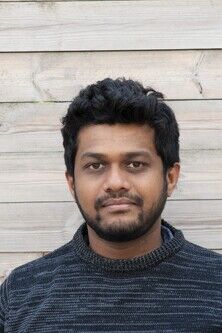
Gosala Kulupana received the B.Sc. Engineering degree (First Class) in electronic and telecommunications engineering from the University of Moratuwa, Sri Lanka, in 2011 and the PhD degree from Centre for Vision, Speech and Signal Processing (CVSSP), University of Surrey in 2017. His PhD was around application of error correction algorithms for High Efficiency Video Coding (HEVC) video transmission. Following his PhD, he worked as a Research Fellow at CVSSSP, University of Surrey where he contributed to two international research projects. In 2018 he joined the video compression team at BBC R&D as a researcher engineer. Currently he works as a Lead R&D Engineer in the video compression team. While working for the BBC, he contributed towards the development of Versatile Video Coding (VVC) standard and lead a Innovate-UK project SEQUOIA. Gosala is an author of several IEEE conference papers and journal publications and holds few patents for video compression related technologies. One of his research papers on fast VVC encoding algorithms received the Top-10 paper award in the Picture Coding Symposium (PCS) 2021. His current research interests include video compression, video streaming, High Dynamic Range (HDR) videos, and picture quality assessment.
Moderator

Alberto Duenas, Video Specialist - Warner Bros. Discovery
Alberto Dueñas is a Video Specialist at Warner Bros. Discovery, he joined the company in 2021 to work on media quality improvements for their streaming services. From 2019 to 2021 he was a Software Engineer at Facebook where he worked on their video infrastructure team optimizing the video encoders used by Facebook and Instagram services and on the Messenger Communication team where he was improving the media quality for video calls.
Between 2000 and 2019 he took on multiple roles including:
- Senior Principal Video Architect at ARM Ltd where he developed video compression products for a diverse range of applications and that they are licensed to its partners
- Founder and CTO of NGCodec architecting and developing HEVC based silicon IP products. During this time he has played an important role on the development of the HEVC standard, specially around 10 bits and HDR/WCG.
- Developed ultra-low latency wireless video compression ASICs, SOCs and complete systems at Cavium, being the main architect of their wireless display products.
- Designed at W&W Communications AVC/H.264 based encoder and decoder products.
- Architected at AnaFocus high-performance systems on-chip solution for imaging and vision applications.
- Developed at PRODYS real-time MPEG-4 video compression products.
He started his career in 1996 at DMV-NDS-Tandberg Television working on Audio and Video compression research including work on AAC, MPEG-4 and HD encoding. Alberto Duenas received a M.Eng. degree in telecommunications from the Technical University of Madrid (UPM) in 1995.
Access and download the papers:
IBC2023 Tech Papers: A subjective study of film grain synthesis for the preservation of creative intent
IBC2023 Tech Papers: Technical Overview of Recent AI/DL Model Trends for Super-Resolution Video Enhancement
IBC2023 Tech Papers: Best of both worlds - VVC enables open-GOP coding in adaptive streaming workflows
IBC2023 Tech Papers: Content-Dependent power saving model for HDR display devices
IBC2023 Tech Papers: A Real-time 8K-60 fps-HDR VVC/H.266 Software Encoder for Next-generation Live Applications
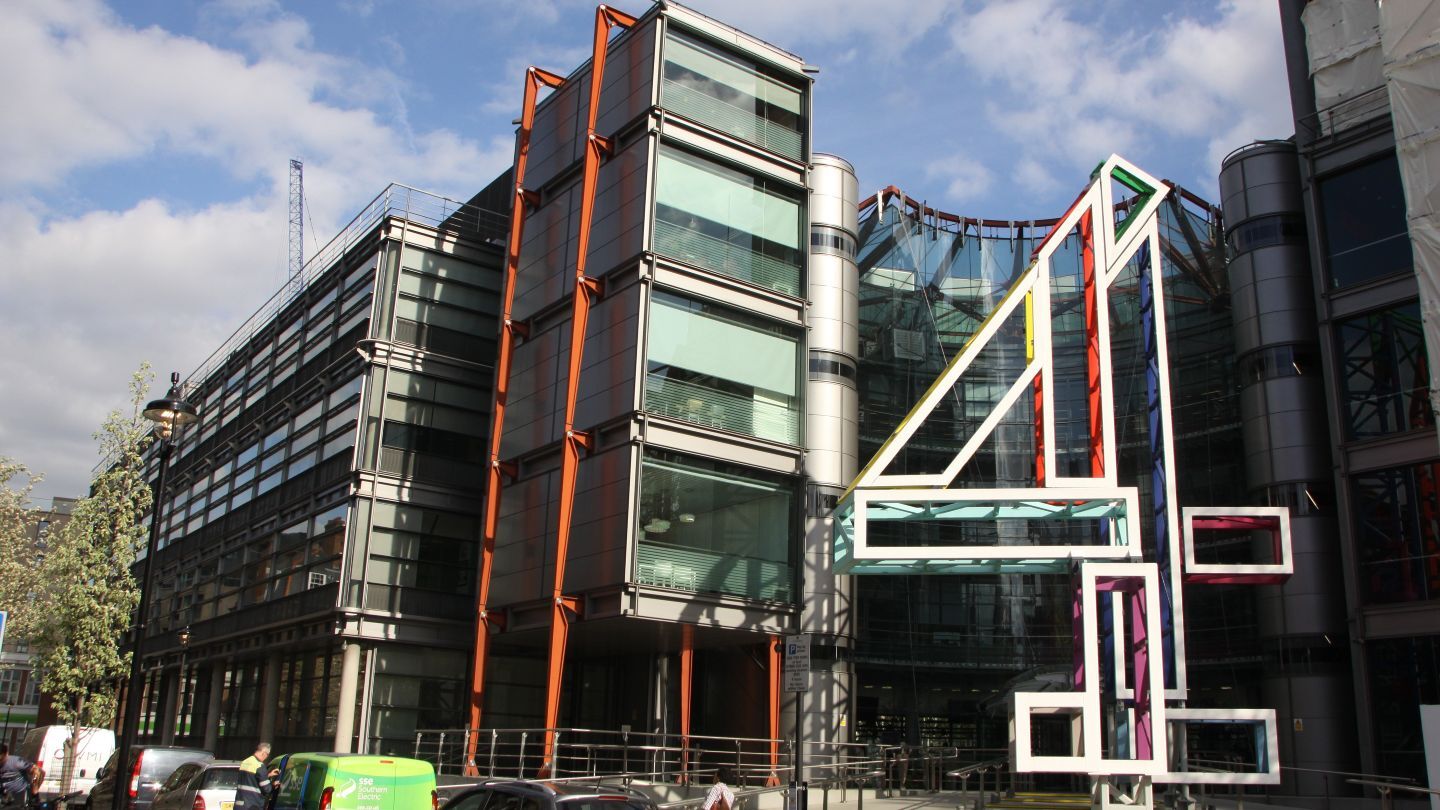
Sky’s Priya Dogra to become Chief Executive of Channel 4
Priya Dogra will become the next Chief Executive of Channel 4. Currently Chief Advertising, Group Data, and New Revenue Officer at Sky, Dogra will succeed interim Jonathan Allan in March 2026.
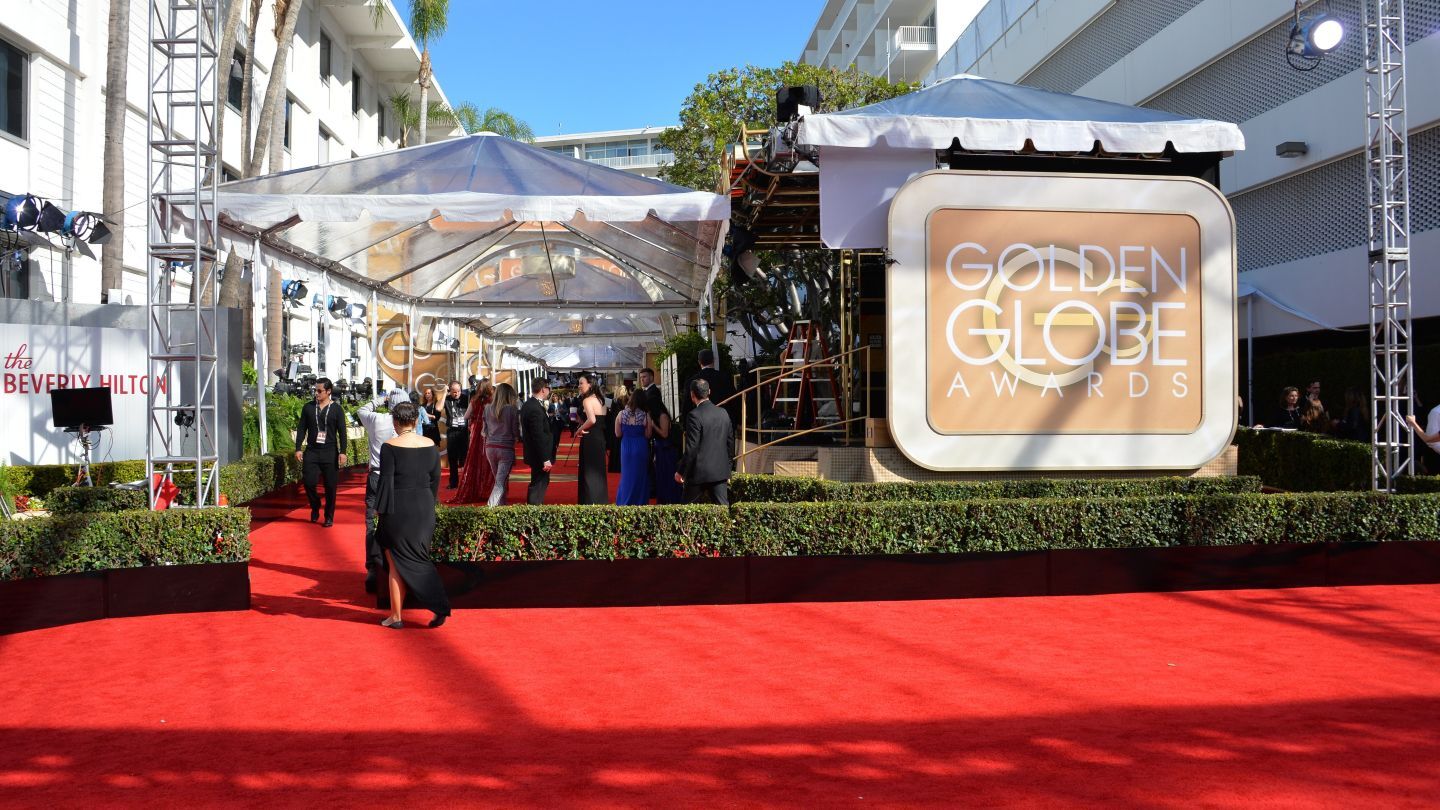
One Battle After Another, The White Lotus, and Adolescence lead Golden Globe nominees
One Battle After Another, The White Lotus, and Adolescence have emerged as the frontrunning films and TV shows for the 2026 Golden Globes.
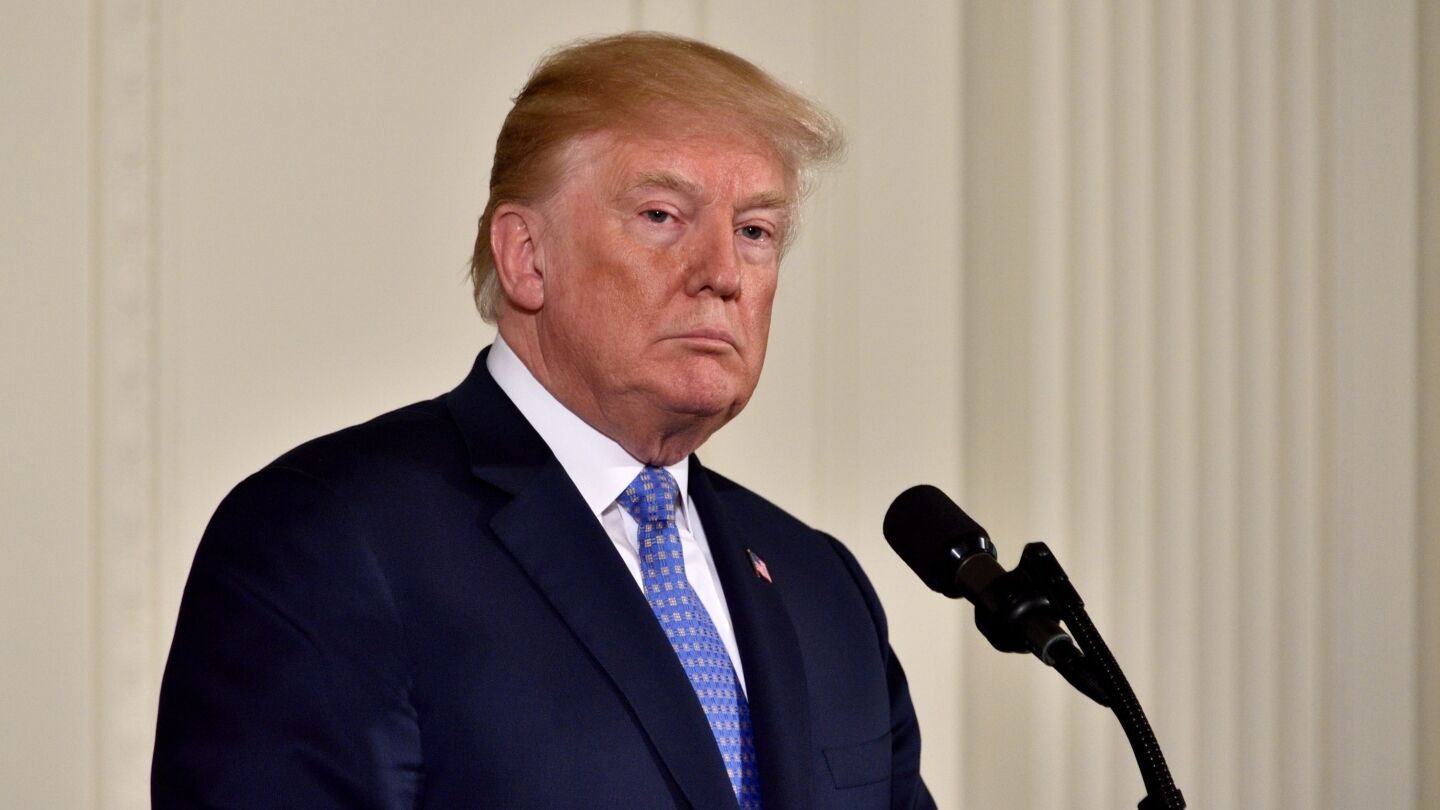
President Trump weighs in on Netflix deal to buy Warner Bros Discovery
US President Donald Trump has added his voice to concerns about Netflix's planned $83bn deal to buy Warner Bros Discovery.
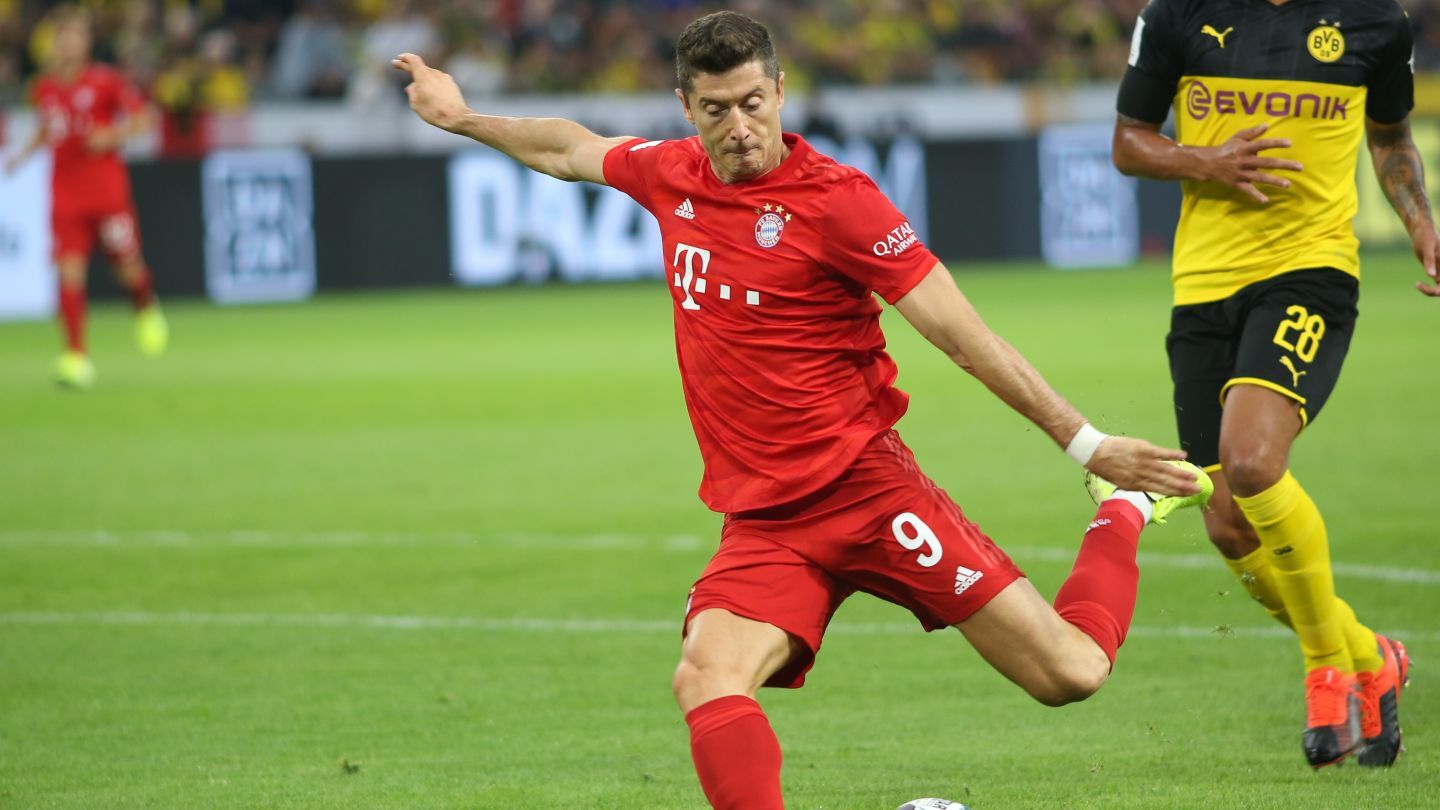
Bundesliga launches first-ever FAST channel in the UK and Ireland
Bundesliga, the German football league, has launched a free ad-supported streaming TV (FAST) channel in the UK and Ireland.
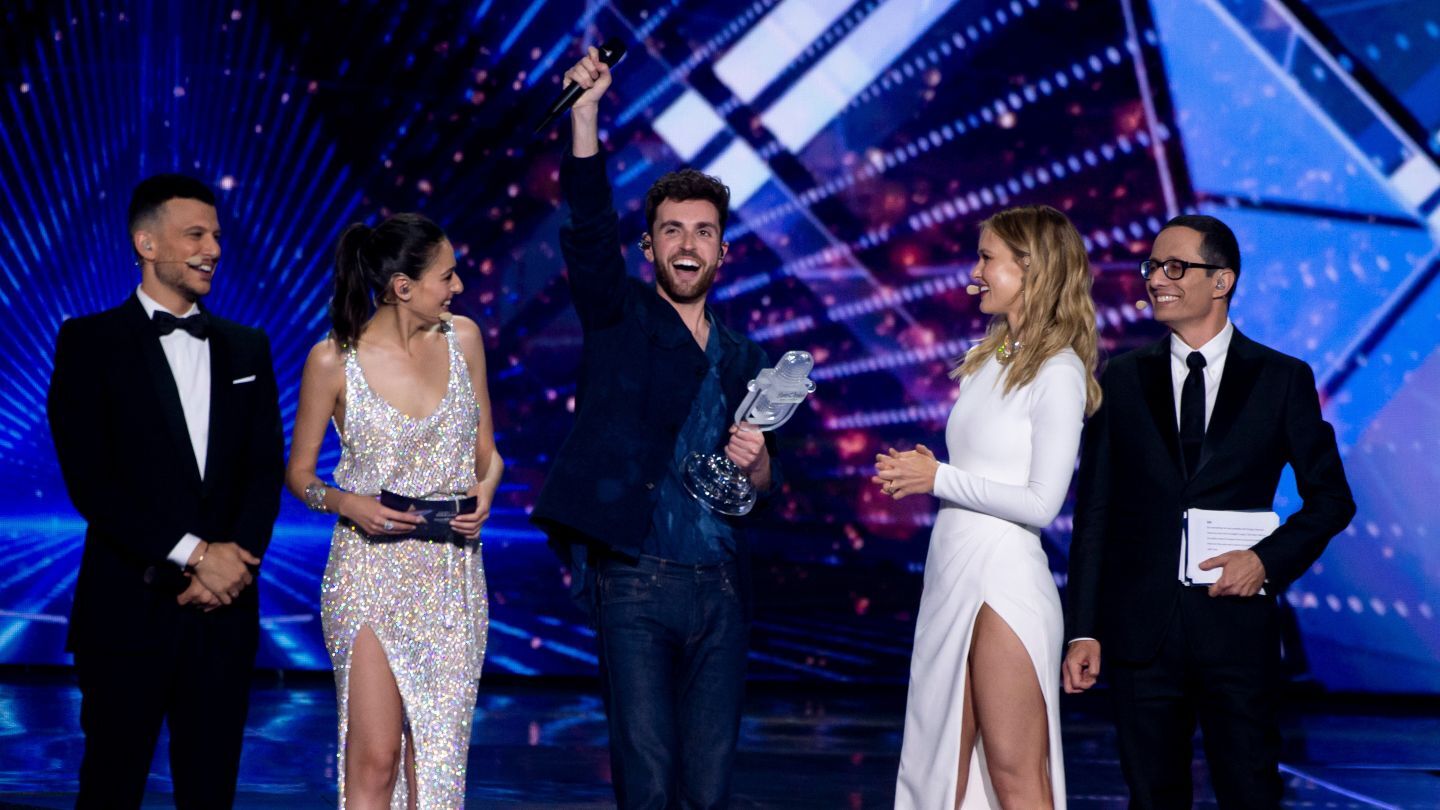
Ireland, Spain, the Netherlands, and Slovenia boycott Eurovision
Ireland, Spain, the Netherlands, and Slovenia are to boycott the 2026 Eurovision Song Contest, after organisers decided that Israel could compete.


